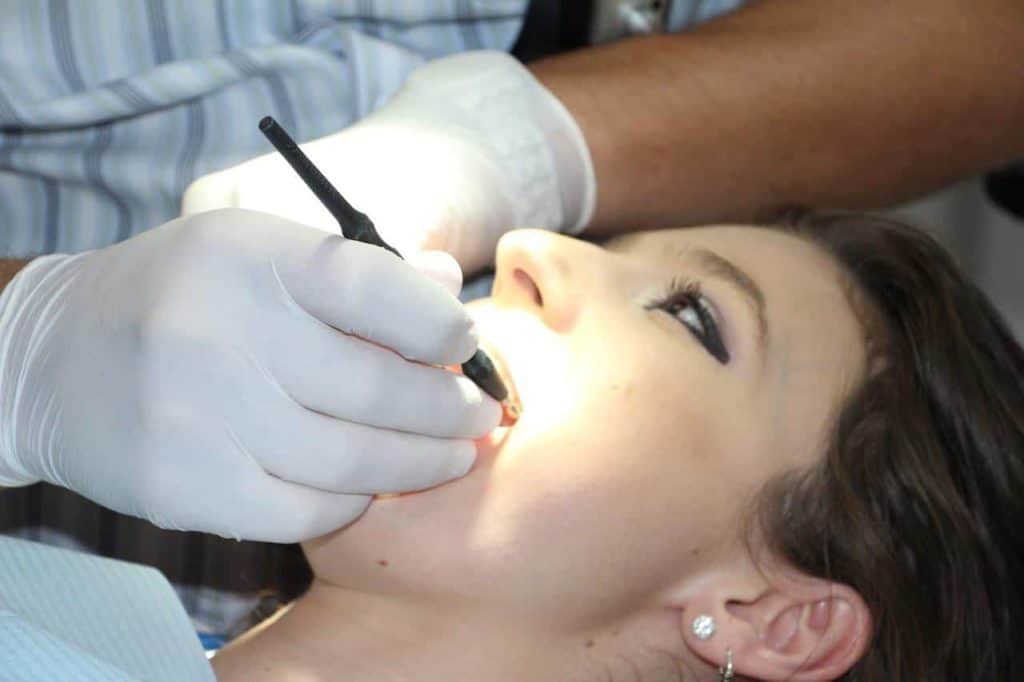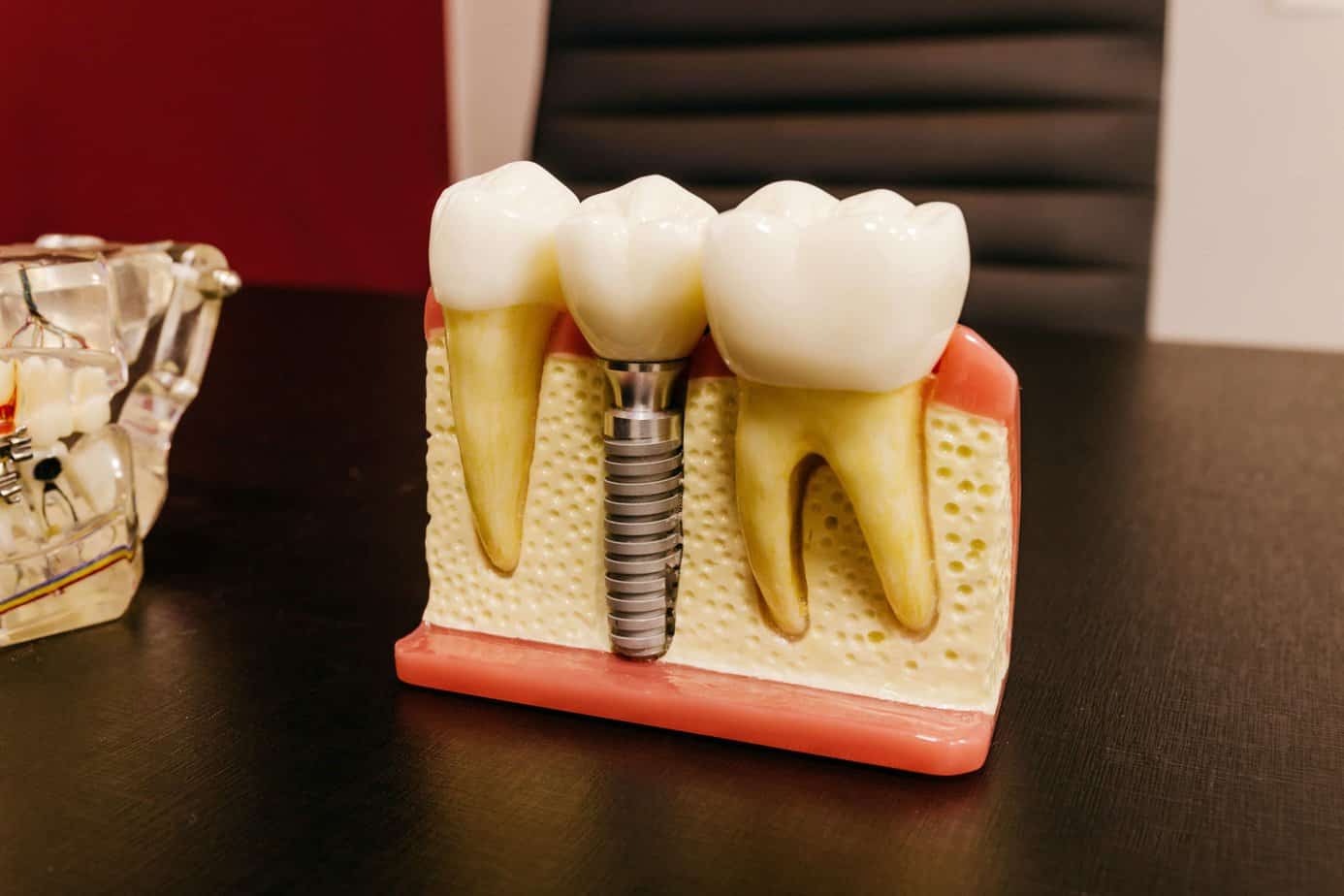Tooth extraction and minor surgery may be necessary to correct dental problems, including tooth decay, damage, and overall oral health. Dentists prefer to save a natural tooth and only recommend extraction and surgery if restoration of the natural tooth is not possible.
Tooth Extraction
Tooth extraction is most commonly performed on an individual who has experienced trauma to their head or mouth that may have cracked or caused serious damage to their teeth. Extraction may also be required if there is an infection in a tooth due to decay or other reasons.
Trauma can be caused in a number of ways. Car collisions, contact sports, and any other accident can cause this. An infection can also be a result of that trauma not being taken care of as soon as possible. Infections resulting in tooth extraction can be inside the tooth, inside the bone around the tooth, or infection in the gum tissue around the tooth. Infections are caused by bacteria entering the wrong areas due to a lack in proper dental care practices at home.
Symptoms that may require tooth extraction are toothaches, swelling in the tissues, or the presence of pus usually attributed to a dental abscess. Individuals who are experiencing any of these symptoms should visit their dentist as soon as they can for treatment.
Reasons For Tooth Extraction
Your dentists will work to do everything they can to preserve your natural smile. Tooth extraction is a last resort, reserved for severe cases. If your tooth is posing risk of infection, or causing any other problems, it is just best to have it removed. Here are a few situations that may lead to tooth extraction:
Tooth Decay
If fillings won’t do the trick, and the damage is too far gone for a root canal to solve, consider tooth extraction before you wind up dealing with the struggles of infection.
Loose Teeth
While it doesn’t happen naturally, adult teeth can get knocked loose. There are a few options for trying to save the tooth, but extraction might have to be the answer.
Overcrowding
The mouth can become overcrowded with teeth. Tooth extraction can be necessary to make room for teeth that are trying to come in, or to prepare for braces.
Stubborn Baby Teeth
Baby teeth don’t always fall out in a timely manner. Baby teeth can even last into adulthood and block the permanent teeth from surfacing. This can cause a great deal of pain. In most cases, the baby tooth will need to be extracted to make room.
Infected Tooth
Like any infection, a tooth infection can spread, and spread fast. The safest option is to remove the tooth and treat the infection quickly.
Wisdom Teeth
Wisdom teeth can cause overcrowding, or become impacted in the jaw. Not only that, but these 3rd molars can cause a great deal of pain. It is common to have them removed when you are in your late teens or early twenties.

Types of Extraction
Simple Extraction
Teeth that are visible and fully emerged from the gums can be removed in a quick dental visit. The tooth is loosened with a device called an elevator and removed with forceps (after being numbed, of course).
Surgical Extraction
This type of extraction is a bit more complex. It can still be done in a dentist office, but some choose to have an oral surgeon perform the procedure. This process requires an incision to be made in the gum line. If the tooth is impacted, extra steps are taken for safe removal. No matter how complex, the tooth is removed and you can get onto the recovery process.
What To Expect During A Tooth Extraction
First, a dentist will inject a local anesthetic into the affected tooth and surrounding gum. Then they will loosen the tooth gently and pull it from the socket. The dentist will then clean the socket and apply a stitch to assist with healing. They will then apply a piece of gauze to the extraction site to prevent excessive bleeding. Your dentist will then prescribe antibiotics and pain relief medicine. Recovery from a tooth extraction is short. It takes about 48 to 72 hours.
Minor Oral Surgery
Minor oral surgery is a surgical treatment for oral problems involving teeth, gums, jaws, and soft tissues of the oral cavity. They are outpatient procedures your dentist or oral surgeon performs — such as
- Treating dental diseases in cases where restorative treatment is impossible
- Correcting some oral conditions
- Give you a perfect smile for aesthetic purposes
Types Of Minor Oral Surgeries
Your dentist may use many types of oral surgery to treat disease or for aesthetic purposes. They include:
Root Canal
It is a common oral surgery that involves removing the soft center of the tooth, made up of nerves and blood vessels. Your dentist will recommend this procedure if there is damage to the delicate part of the tooth, resulting from tooth decay, a cracked tooth, or injury to the tooth.
A root canal helps to clear infections and inflammation. Your dentist will inject the gum surrounding the problematic tooth with a local anesthetic during a root canal. Then they will make a small opening to expose the area with damage and remove it.
It is followed by cleaning your tooth canals, coating the area with an antibiotic to avoid infection, and sealing the area with a sealer paste. Finally, the dentist will close the opening on top of the tooth to prevent damage to the canals.
Dental Implants

A dental implant replaces a missing tooth-root or a tooth-root with damage. It is an outpatient procedure, though it takes a more extended period to complete. Implants are titanium devices that a dental surgeon inserts into your jawbone to act as an artificial root and support dental crowns.
The procedure begins with your dentist assessing the jaw bone for damage. If there is damage, the dental surgeon will do jaw bone grafting and give it time to heal before inserting the dental implant. After inserting the implant, they will give it time to fuse with the jaw bone before putting in an abutment that holds the crown.
Wisdom Tooth Extraction
Wisdom teeth are a set of four teeth that grow at the back of your gums in your teenage years and early twenties. Sometimes wisdom teeth refuse to come out, come out partially, or come out at a wrong angle due to lack of space, since they come out last when all other teeth have come out. As a result, they can cause pain and infection, necessitating their removal.
Your dentist will create an incision before extracting the wisdom tooth, and they may have to remove the tooth in pieces. Recovery from a wisdom tooth extraction can take up to one week.
Cosmetic Dental Surgeries
These include procedures that aim at transforming your smile and improving your confidence. They include procedures like;
- Dental crowns and veneers
- Cosmetic teeth bonding
Conclusion
If you have a tooth giving you sleepless nights or want to improve your smile, contact us for a consultation. Our dentists will assess your problem and provide you with the best solution. Browse our website to learn more about tooth extractions and other minor dental surgeries.

